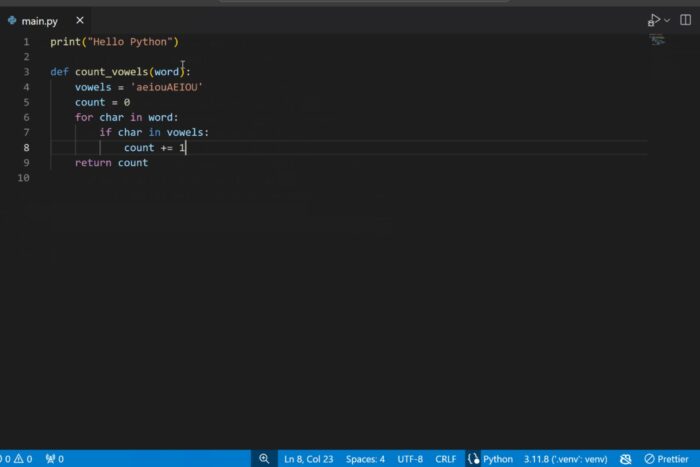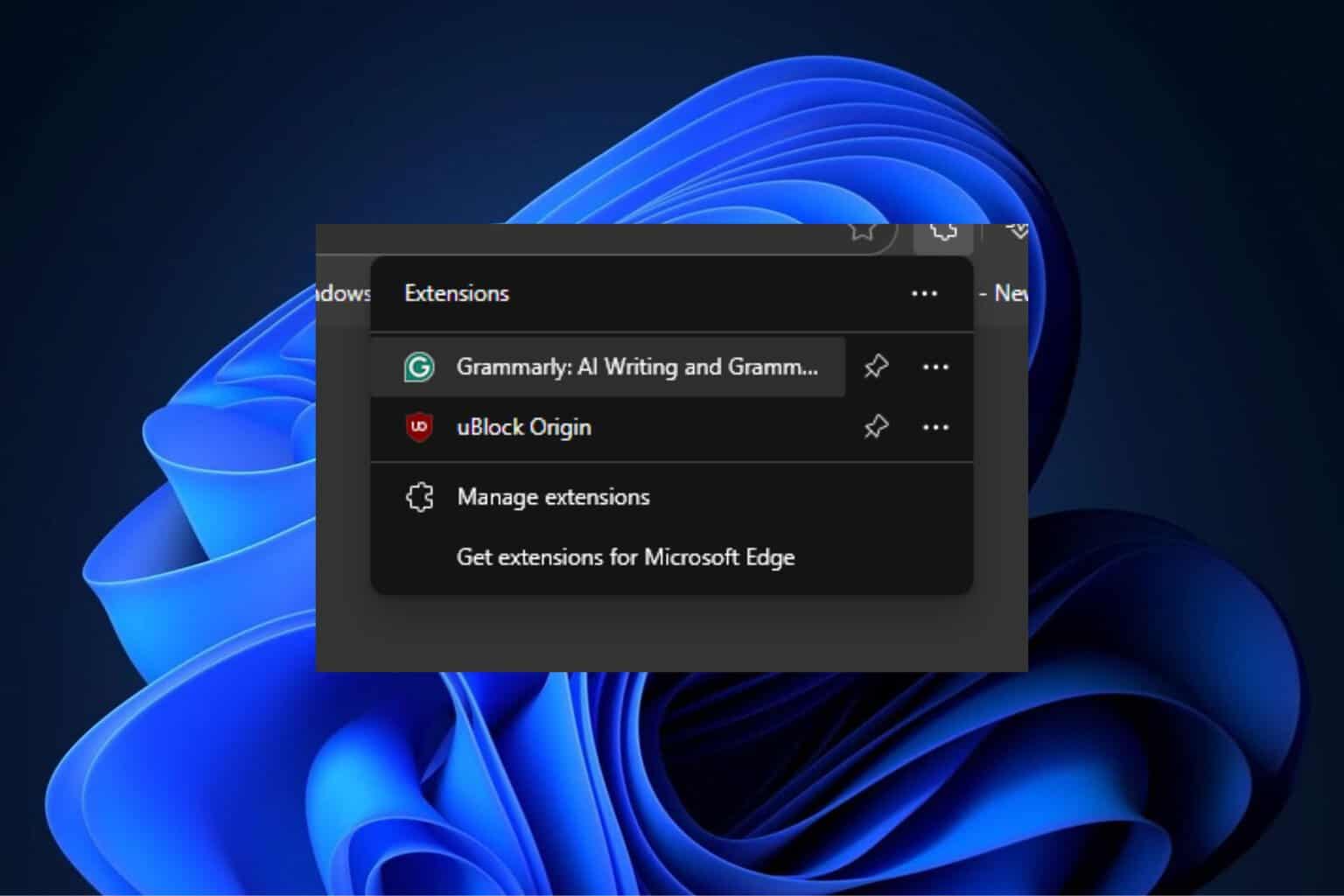VS Code Native REPL for Python is coming to Visual Studio Code
All part of the June updates.
3 min. read
Published on
Read our disclosure page to find out how can you help Windows Report sustain the editorial team. Read more

Have you ever imagined diving into Python programming in the comfortable environment of Visual Studio Code? Picture a place where your code moves as effortlessly as your ideas and the instruments available to you are not only strong but also easy.
That’s precisely what the Python and Jupyter extensions for Visual Studio Code release in June 2024 are all about.
According to Microsoft, there is a new VS Code Native REPL for Python. This isn’t merely any ordinary Read-Evaluate-Print Loop (REPL). Rather, you can think of it as the trendy cousin of the classic Python REPL with abilities akin to Intellisense and syntax highlighting.
The most exciting part? It’s not dependent on the Jupyter extension and doesn’t need a separate kernel that you have to install. It focuses on enhancing your Python development process to the best extent possible. You must make some adjustments to your settings.json file for activating this feature, but it could potentially revolutionize things.
Next, we chat about Pytest improvements. If you use Python testing frequently, then you know that even small enhancements can make a big difference in time savings. The team has mainly focused on making Pytest more friendly lately, particularly for working with tests closer to your VS Code workspace root directory.
They have also enhanced the visibility of parameterized tests in Test Explorer even when function names are repeated across classes. It’s about eliminating every obstacle along your testing path and ensuring it is as smooth as silk.
But there is more to this story! The team hasn’t only focused on significant features; they have also made smaller improvements and corrections based on user suggestions.
Whether it’s fine-tuning the way auto-indent works with Pylance or incorporating swift remedies for abstract class implementations, the group pays attention and always wants to improve your coding experience.
Now, it’s your turn. Community feedback is valuable in software development. When design proposals for test coverage or other parts related to Python and Jupyter extensions are presented, you can provide input.
When you download the extensions and give your feedback, you are not just a user; you become involved in the team that is influencing how Python development in Visual Studio Code will look.
So, what is your opinion? Are you prepared to immerse yourself in the June 2024 release and witness how these improvements can rev up your Python projects? Or are you still not over the May 2024 release updates?








User forum
0 messages